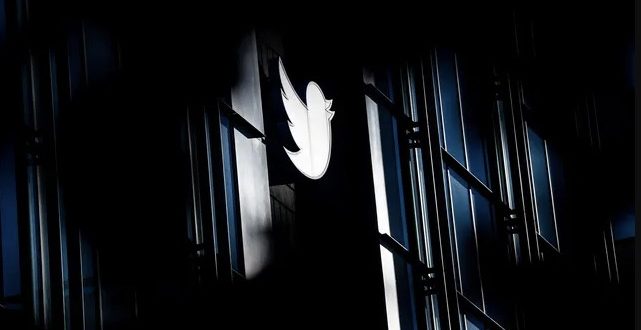According to a recent analysis, 2022 was the worst year yet for “climate-sceptic” content on the social media platform.
According to fresh analysis, climate change lies on Twitter reached previously unheard-of heights this year. Along with growing worries about inaccurate information and hateful content that have proliferated since Elon Musk’s takeover of the social media platform, there has been an unsettling rise in material that contests widely accepted climate science, also known as climate skepticism or climate denial.
Since Twitter’s inception in 2006, there have been more tweets and retweets “using climate-sceptic terminology” in 2022 than in any other year, according to research done for The Times by researchers at City, University of London. This year has seen 850,000 tweets or retweets from climate skeptics as opposed to 650,000 in 2021 and 220,000 in 2020.
Climate scientist Katharine Hayhoe told The Times that “Climate denial on Twitter was already a dumpster fire; it’s as if it had a litre of gas thrown on it.”
A single hashtag, “#climatescam,” is responsible for a large portion of the current increase in climate misinformation. According to Max Falkenberg and Andrea Baronchelli, researchers at the City, University of London, it accounts for about 40% of tweets this year that contain language supporting climate change. Before 2022, that percentage was only 2%.
Now, when someone searches for “#climate” on Twitter, “#climatescam” comes up as the top result. A feast of misleading information concerning climate change is served out by the hashtag. The phrase “manmade climate change” is defined in one widely read post as “the made up catastrophe the globalists/socialists use to instill fear and guilt to tax, regulate, and remove our freedoms while pretending to be saving the planet” by an image.
Another well-known meme that was tweeted with the hashtag #climatescam shows what appears to be an altered version of The Simpsons’ Ralph Wiggum with his finger in his nose. The meme reads, “The TV said that if I eat bugs and pay more money to the government the weather will be better.”
The vast majority of scientific evidence supports the idea that greenhouse gas emissions from fossil fuels are what’s causing climate change. According to a significant United Nations climate science report written by 230 authors from 66 nations and released last year, human activity is primarily to blame for the increased frequency of extreme weather worldwide.
Nevertheless, as delegates from all over the world gathered for a significant United Nations climate conference in November, false information about climate change erupted on Twitter. From October to November, the number of tweets containing the hashtag #climatescam doubled, totaling 23,832 posts. Another analysis done by the Center for Countering Digital Hate for The Times found that was a 17-fold increase over the average monthly usage of the hashtag in 2021.
Most of the false information about the climate on Twitter appears to be spread by repeat offenders. One-quarter of recent widely shared climate-skeptic content came from just 10 Twitter handles. Musk’s decision to allow those who had been previously banned from the platform to rejoin has also made it possible for those who promote content that defies accepted climate science to do so. For tweets misgendering trans actor Elliot Page, Canadian personality Jordan Peterson was initially banned from Twitter in July. Peterson recently attacked efforts to achieve net zero greenhouse gas emissions on Twitter, which, according to research, is required by the middle of the century in order to keep global warming from rising above 1.5 degrees Celsius above preindustrial levels.
According to The Guardian, real climate scientists and experts are considering leaving Twitter because the social media site does not adequately police harmful content. Separately, since Musk took over, the Center for Countering Digital Hate has observed an increase in hate speech on Twitter. A comment from The Verge was not received from Twitter, which ineffectively disbanded its media relations team during layoffs in November.
“I can understand climate scientists who claim that this is no longer a place where they can have fruitful discussions with one another. We are witnessing a real escalation in threats made against them in an effort to get them off the platform, according to Jennie King, head of civic action and education at the Institute for Strategic Dialogue, who spoke to The Guardian. “They’ve become lightning rods for hate speech and death threats.
 Tech Gadget Central Latest Tech News and Reviews
Tech Gadget Central Latest Tech News and Reviews




